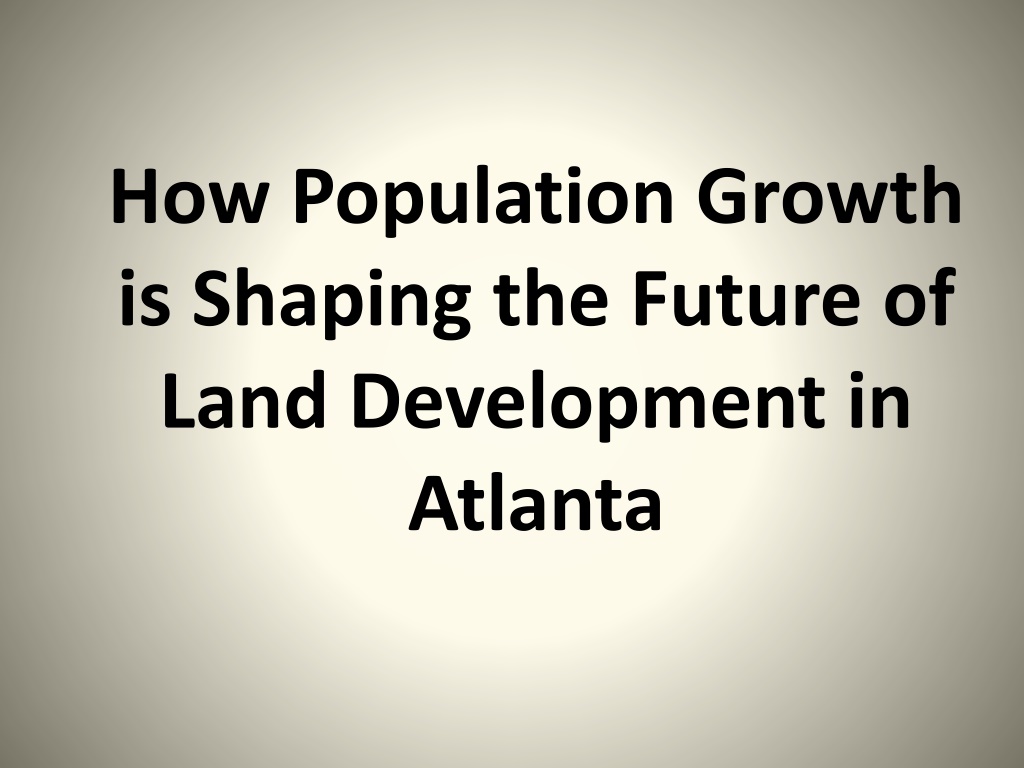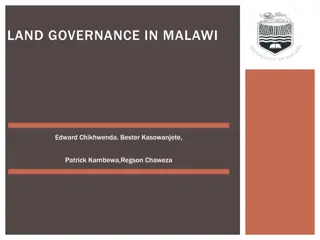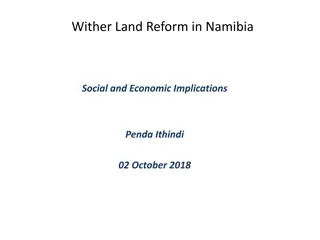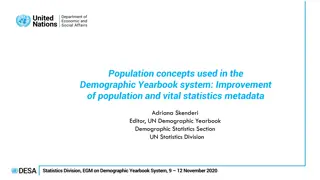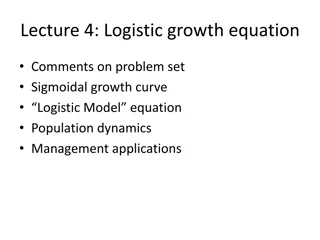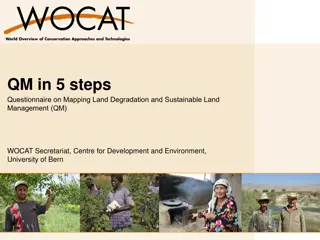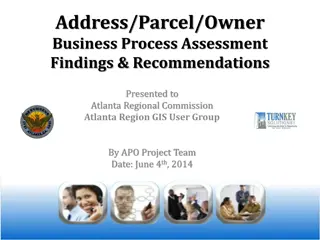How Population Growth is Shaping the Future of Land Development in Atlanta
Population growth is undeniably shaping the future of land development in Atlanta. As the city continues to expand, the interplay between housing demand, infrastructure needs, economic opportunities, and sustainability will determine how well Atlanta
Download Presentation

Please find below an Image/Link to download the presentation.
The content on the website is provided AS IS for your information and personal use only. It may not be sold, licensed, or shared on other websites without obtaining consent from the author. Download presentation by click this link. If you encounter any issues during the download, it is possible that the publisher has removed the file from their server.
E N D
Presentation Transcript
How Population Growth is Shaping the Future of Land Development in Atlanta
As Atlanta continues to experience robust population growth, the city s approach to land development is undergoing significant transformations. This expansion, driven by both economic opportunities and lifestyle changes, is reshaping the urban landscape and influencing various aspects of city planning and real estate development. Understanding these dynamics is crucial for stakeholders, from developers and investors to residents and policymakers, as they navigate the future of Atlanta s urban growth.
Population Growth Trends in Atlanta Atlanta s population has been steadily increasing over the past few decades. As of the latest census data, the metropolitan area has seen an annual growth rate of approximately 2% over the past five years. This growth is fueled by a combination of factors including the city s strong job market, its role as a regional business hub, and its appealing lifestyle amenities. This trend shows no sign of slowing, and experts project continued population increases, which will exert further pressure on land use and development strategies.
Impact on Housing Market One of the most direct effects of population growth is on the housing market. As more people move to Atlanta, the demand for housing is intensifying. This surge is leading to both opportunities and challenges: Increased Housing Demand: The influx of new residents is driving up demand for housing across various segments, from affordable units to luxury condos. Developers are responding by proposing new residential projects, including multi-family units and high-density developments.
Affordable Housing Concerns: One of the significant challenges associated with rapid population growth is the pressure it puts on affordable housing. As developers focus on high- end projects to meet market demand, affordable housing options may become increasingly scarce, raising concerns about housing equity and accessibility. Infrastructure Development and Urban Planning To accommodate the growing population, Atlanta is investing heavily in infrastructure and urban planning. Key areas of focus include
Business Opportunities: The growing population creates new opportunities for businesses, particularly in retail, hospitality, and services. Companies are expanding to meet the needs of a larger consumer base, which contributes to economic growth and job creation. Real Estate Investment: Investors are keenly interested in Atlanta s real estate market due to its potential for high returns. The demand for both residential and commercial properties is driving investment in new developments, from office spaces to retail centers.
Challenges for Small Businesses: While large companies and investors may benefit from population growth, small businesses may face challenges. Rising rents and increased competition can strain smaller enterprises, making it essential for local support and adaptive strategies. Sustainability and Future Planning: Looking forward, Atlanta s land development strategies will need to address sustainability concerns. Balancing growth with environmental preservation is critical to ensure that the city remains livable and resilient. Key considerations include:
Sustainable Building Practices: Emphasizing energy-efficient and environmentally friendly building practices can help mitigate the impact of urban expansion. Green building certifications and sustainable design principles are becoming standard in new developments. Smart Growth Principles: Implementing smart growth principles, such as mixed-use development and higher-density projects, can help reduce sprawl and make better use of available land. This approach promotes more walkable communities and reduces reliance on cars.
Conclusion Population growth is undeniably shaping the future of land development in Atlanta. As the city continues to expand, the interplay between housing demand, infrastructure needs, economic opportunities, and sustainability will determine how well Atlanta can manage its growth. By adopting thoughtful planning and development strategies, Atlanta can ensure that it remains a vibrant and attractive city for generations to come.
